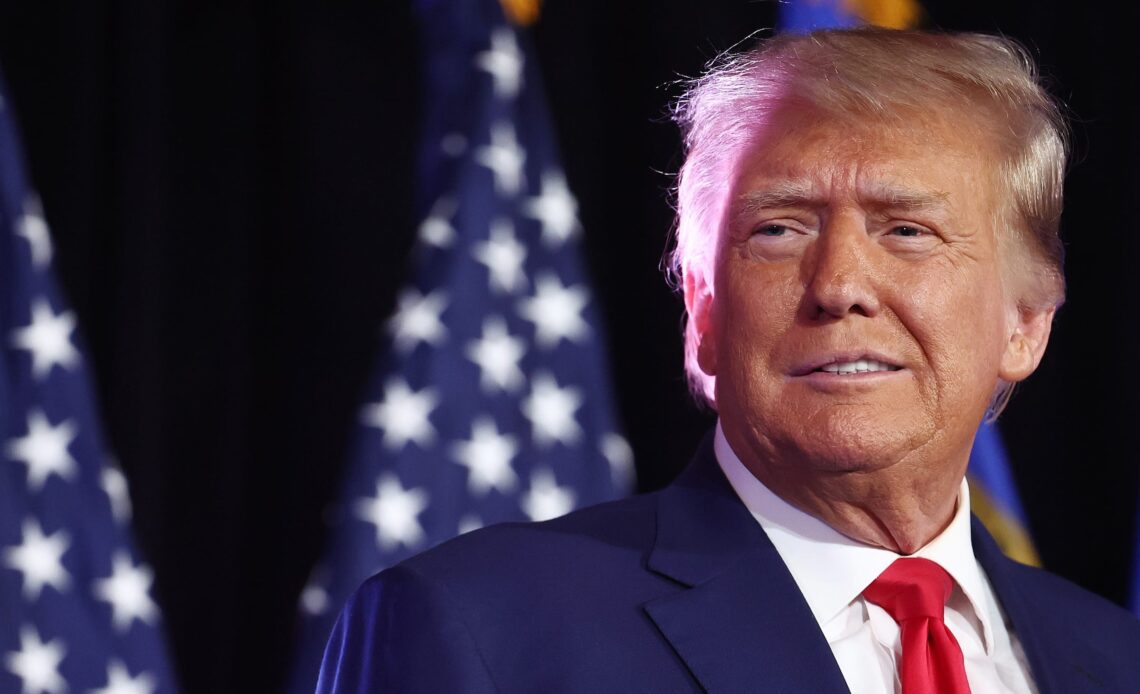The U.S. Supreme Court on Thursday will grapple with the first — though possibly not the last — issue to affect Donald Trump’s bid to once again become U.S. president.
That is, a December ruling by Colorado’s top court barring Trump from being on the state ballot.
The decision came after the Colorado justices decided he had violated Section 3 of the 14th Amendment. The provision bars from office any “officer of the United States” who took an oath “to support the Constitution of the United States” and then “engaged in insurrection or rebellion against the same, or given aid or comfort to the enemies thereof.”
The seven-judge panel said that through his actions, which included alleging unsubstantiated widespread voter fraud and urging supporters on Jan. 6, 2021, to march to the U.S. Capitol and “fight like hell,” Trump participated in an insurrection.
Trump aided the “purpose of preventing the peaceful transfer of power in this country,” the judges said in a 4-3 decision that, in part, reversed a district court ruling allowing Trump to remain on ballots in the state.
“Democrats will stop at nothing to prevent President Trump’s return to the White House,” influential House Republican Elise Stefanik posted on social media in reaction.
While the Colorado judges were all appointed by Democrats at one time or another, the suit challenging Trump’s eligibility on the state ballot was filed by Citizens for Responsibility and Ethics in Washington (CREW) on behalf of six Republican and unaffiliated voters.
“Colorado law requires that, in order for a voter to challenge the placement of the candidate in the Republican presidential primary, that they be Republicans or unaffiliated voters,” Donald Sherman, CREW’s executive vice-president, recently told Business Insider.
Chris Galdieri, a politics professor at New Hampshire’s Saint Anselm College, told CBC’s Canada Tonight the fact that former U.S. president Donald Trump remains ‘a force’ in the Republican Party despite his attempts to overturn the results of the 2020 election and two states now moving to bar him from their primary ballots adds to an already volatile political situation in the country.
What the plaintiffs have to say
To be clear, the appellants are politically engaged people and not just randomly plucked from the citizenry.
Mario Nicolais, a…
Click Here to Read the Full Original Article at CBC | Top Stories News…

